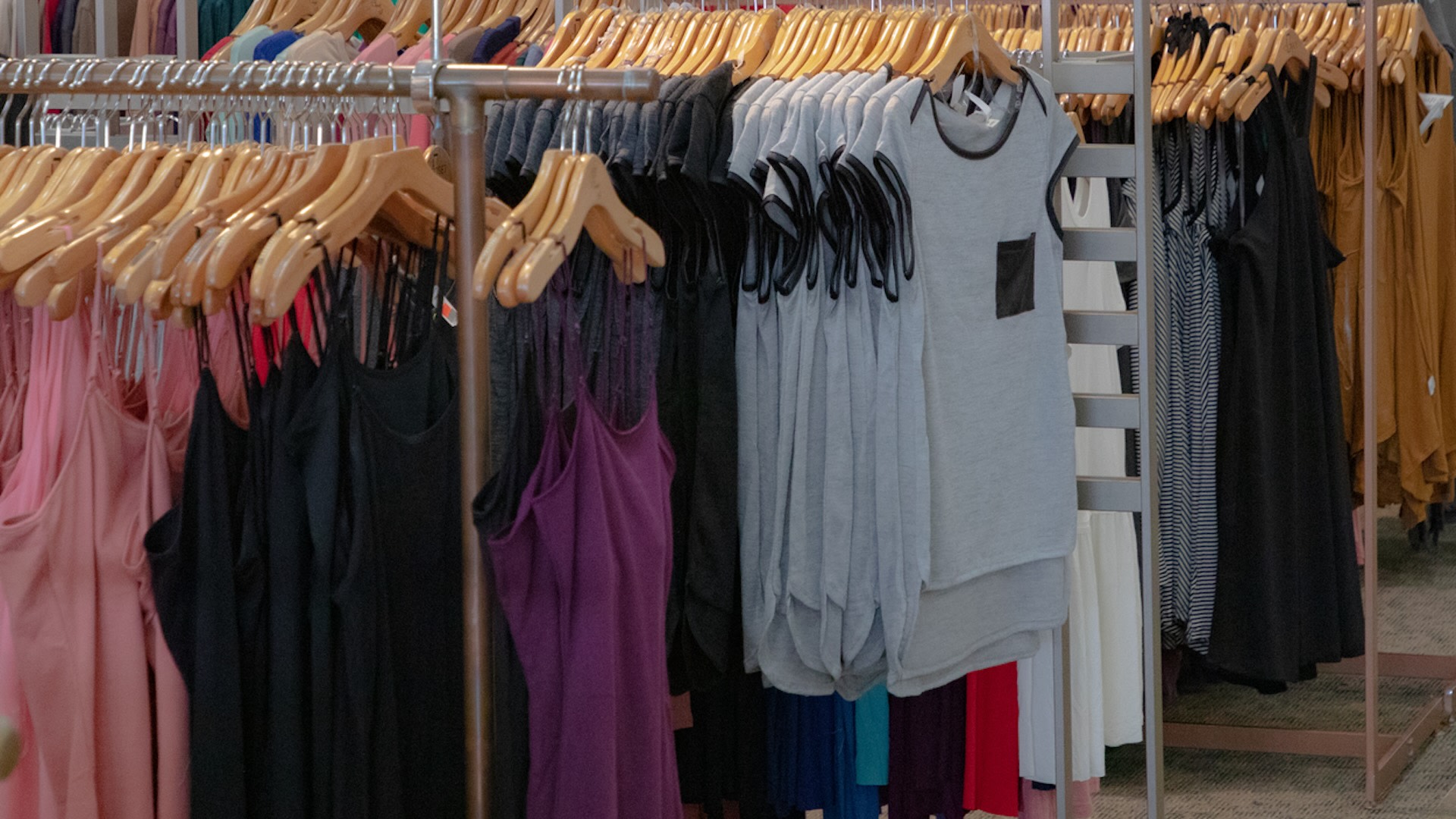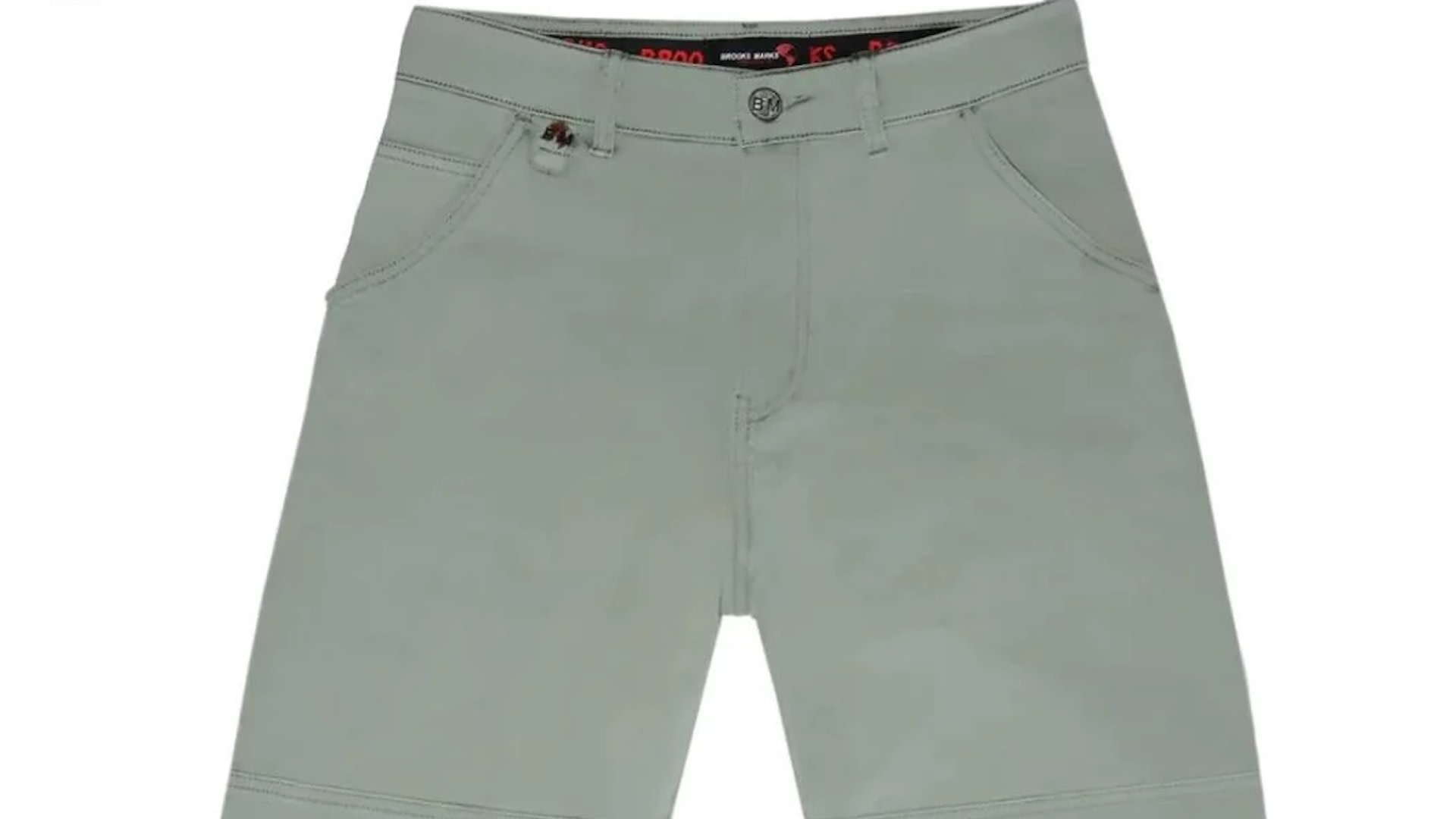Fashion
Government issues first-of-its-kind report on the dark underbelly of fashion retailers: ‘We’re not doing much about the problem”

Fast fashion is a huge problem for our planet, and a new report released by the United States Government Accountability Office shows exactly why that is, Teen Vogue reported.
The report was requested by Rep. Chellie Pingree, a Democrat from Maine’s 1st Congressional District who founded the Slow Fashion Caucus to fight the waste and pollution caused by the fashion industry.
The findings will not be surprising to anyone who has been following this issue, but they attempt to quantify the amount of damage that fast fashion causes, which has been difficult to this point, as the industry has not been forthcoming about its wasteful practices.
🗣️ What should the government do about the fast fashion industry?
🔘 Set strict regulations 🚫
🔘 Incentivize sustainable options 💰
🔘 Use both regulations and incentives 🏛️
🔘 Nothing 🙅
🗳️ Click your choice to see results and speak your mind
One of the report’s findings is that there has been a 50% increase in the amount of polyester in landfills over the last 20 years. The report also explained that cheap clothing is being produced and distributed at a rate that is far from sustainable, as consumers buy poor-quality items made essentially from plastic, wear them briefly, and throw them away.
Once the clothes are sent to landfills, they sit there, taking up space, shedding microplastics, releasing methane, and leaching other chemicals into the surrounding soil and water.
“[The report] makes it clear that we’re not doing much about the problem. Everything from the number of packages that come in from China that go directly to consumers that are basically from Temu and Shein,” Pingree told Teen Vogue. “We’re not putting any of the burden back on the manufacturers through a sort of more circular economy type legislation.”
Ultimately, Pingree hopes that the report will help the members of the Slow Fashion Caucus push for more legislation that disincentivizes polluting companies such as Temu and Shein from continuing to do business as usual.
As Teen Vogue pointed out, there are multiple pieces of legislation in the works that could help achieve this goal, such as the Americas Act from American Circular Textiles and The Fabric Act, although given the incoming Republican White House, House of Representatives, and Senate, it is difficult to be optimistic that any such laws will pass in the near future.
Pingree, however, is not swayed from her mission, telling Teen Vogue, “The cost of municipal landfills is a burden on every government across the country, and if we’re thinking about how to shift that burden back under the manufacturer, I think we’ll get some traction. So we may have to be a little bit creative in the way we work about this, go about doing this.”
Join our free newsletter for good news and useful tips, and don’t miss this cool list of easy ways to help yourself while helping the planet.









